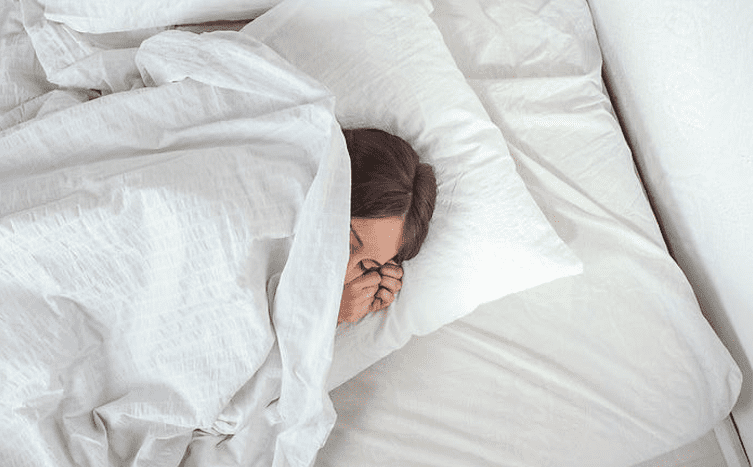
You may not realize it, but sleep and weight loss go hand in hand. Afterall, we can’t snack if we’re asleep! Sleeping is one of our favorite activities right up there with nap time and savasana so if it can help us lose weight, we are ready to hit the snooze button ASAP.
Over the years, we have watched as many yo-yo dieters and overweight cleansers start on the Clean Program. Along with changing their diet, sleep patterns often change, naturally. Sleep and weight loss happen synergistically during a cleanse thanks to conscious and unconscious changes during the process.
We need sleep for many reasons such as repairing the body, keeping the immune system strong, and enabling mental clarity and focus. Additionally, a good night’s sleep and the hormones it controls in our bodies can go a long way towards aiding weight loss.
The Hormonal Connection Between Sleep and Weight Loss
When we don’t get enough sleep, we don’t just get cranky. The hormones that control our cravings and help us feel satisfied after eating are thrown out of whack making us more likely to crave unhealthy foods and indulge in mindless snacking. Feeling cranky and hangry is a recipe for disaster.
We’re taking a look at several key hormones that play a role in sleep and weight loss so we can take control of our energy levels, hunger levels, and moods.
Ghrelin and Leptin
The two hormones that are responsible for our feelings of hunger and satiety can be strongly influenced by how much or how little sleep we are getting.
Ghrelin AKA the hunger hormone gives the brain a signal that we’re hungry and ready to eat. Leptin is the hormone that lets us know when we’ve had enough to eat and puts the brakes on our hunger.
Not getting a recommended seven hours of solid sleep per night has been shown to increase ghrelin and decrease leptin. One bad night can make us feel hungrier, have more cravings (especially for sweets and processed foods carbs), and are more likely to indulge in overeating.
Cortisol
Along with throwing off our hunger hormones, studies have shown that just one night short of sleep can increase our levels of cortisol AKA the stress hormone. Excess cortisol has been linked to increased appetite and weight gain. If continued, chronic lack of sleep and excess cortisol can cause the body to hold onto fat (especially around the belly), and ultimately increase the risk of obesity. Studies have shown that taking EPA-DHA supplements can reduce cortisol spikes and support balanced hormones and overall health.
Insulin
Not only can lack of sleep increase our likelihood of eating sweets and refined carbs, but it also impairs our ability to handle these carbs and sugars properly.
Insulin is the hormone that helps move glucose (sugar) into our cells in order to feed our muscles and be used as energy. Inadequate sleep impairs this process and can cause insulin resistance leaving glucose in the bloodstream and stored as fat instead of being used for energy.
Digestion, Elimination, Sleep, and Weight Loss
Many of us naturally feel the urge to have a bowel movement in the morning but have you ever wondered why? While we sleep, the liver is breaking down toxins and excess hormones to be eliminated. At the same time, the colon is busy forming solid waste so all these items have an easy exit out the body. When we wake up in the morning (or soon after), our body is ready to release that waste.
If we don’t get enough regular sleep, the elimination process can suffer leading quickly to constipation. Constipation is one of the main ways the weight loss process is held up.
If you’re not having good daily bowel movements, it can be very difficult for the body to let go of extra weight. We recommend Eliminate (magnesium citrate) to help relax and fall asleep at night and have a healthy bowel movement in the morning.
While quality sleep is not the only factor that influences our weight and well-being, it plays a very important role in both. If you are working on your weight, we encourage you to pay close attention to your sleep cycle, try to make time for a full night’s sleep, and utilize some sleep tips such as avoiding blue lights from a tablet or phone before bed, writing a to-do list, and making sure your bedroom is a sanctuary left only for sleep.
If you like this article, you might also like Why Are You Having Trouble Sleeping?






















































